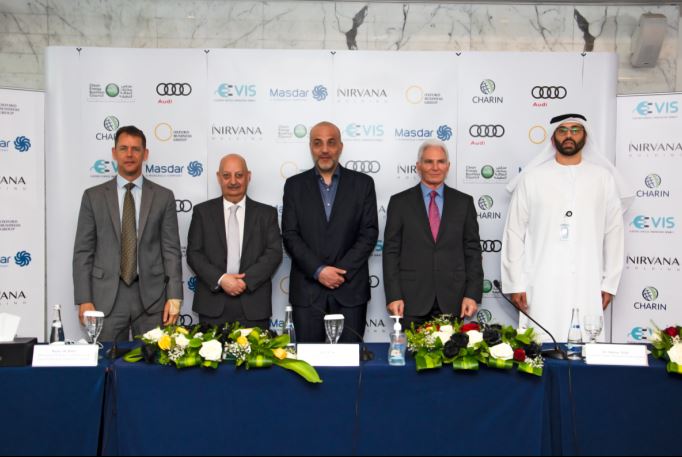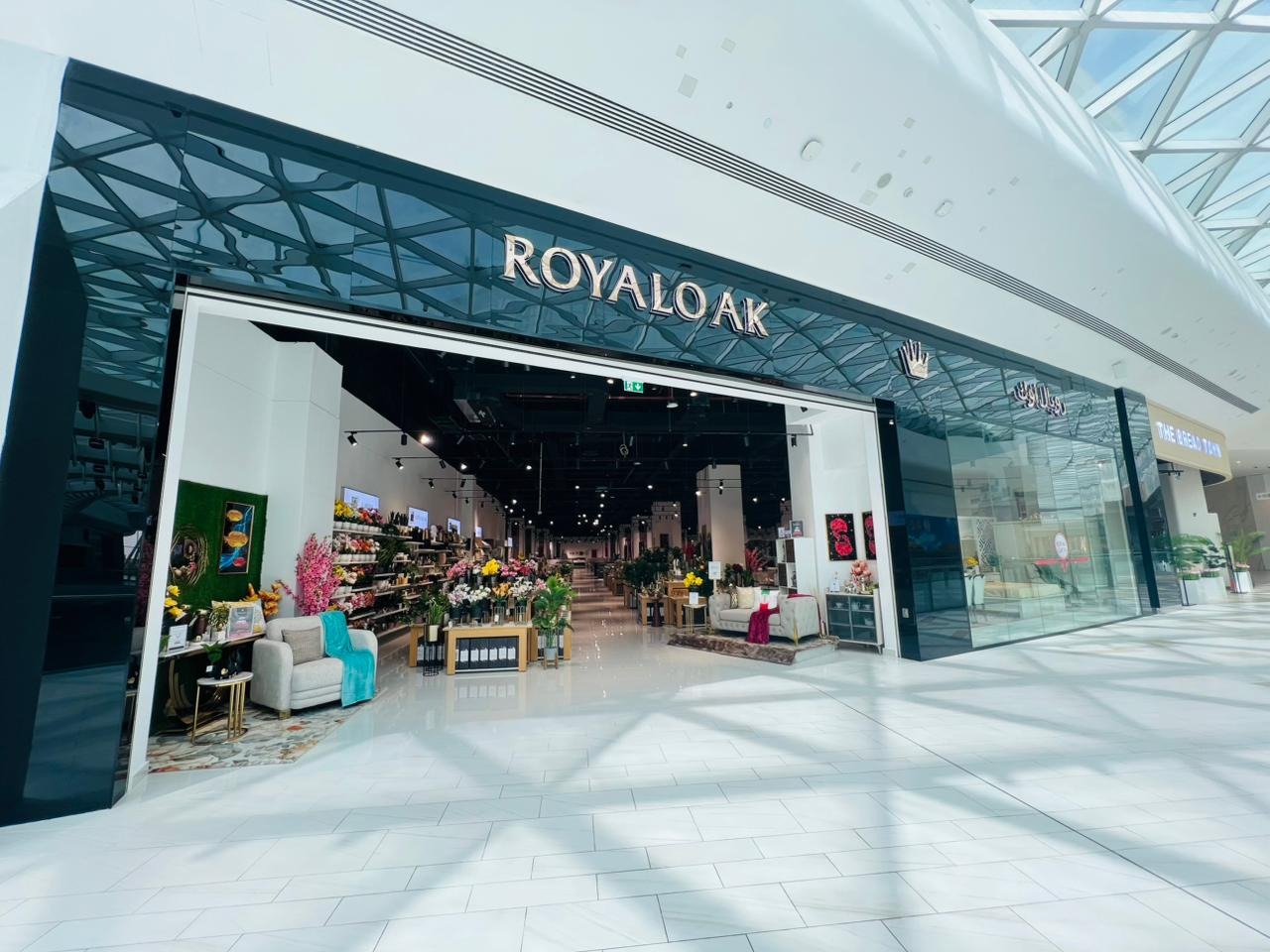Asia’s biggest technology gathering, BEYOND Expo 2025, opened its doors on Wednesday, May 21, at The Venetian Macau’s Cotai Expo, marking its fifth anniversary with the theme “Empowering Asia, Bridging the World.” Running from May 22 to 24, the event brings together over 800 companies, 25,000 visitors, and more than 800 investors from around the world.
Covering everything from AI and HealthTech to Clean Energy, Robotics, FinTech, and SportsTech, the expo offers a glimpse into the future of innovation and how it’s shaping Asia’s global tech footprint.
The expo also offers unique opportunities for UAE, Saudi Arabia, and other GCC countries to explore cutting-edge solutions in AI, HealthTech, Clean Energy, FinTech, and Robotics, all aligning closely with national visions like “We the UAE 2031” and Saudi Vision 2030.
The opening day drew a crowd of top tech minds who took part in a high-profile panel titled “What’s Next?” Speakers included Alibaba Cloud founder Dr. Jian Wang, Carl Pei, CEO of smartphone brand Nothing, Dr. Burt Guo of Sichuan Aerofugia, Zhaopeng Chen of Agile Robots, and Jingkang Liu, founder of Insta360.
The event also marked the launch of the BEYOND Founders Club (BFC), a new community that aims to connect Asia’s rising tech entrepreneurs and help shape the future of innovation. BEYOND Expo Co-Founder Dr. Lu Gang said the expo was created in 2021 to highlight Asia’s tech progress on a global stage. “We are thrilled to celebrate our fifth year with our largest lineup yet,” he said.
Co-Founder Jason Ho added, “Launching the Founders Club is a powerful step. We believe technology should serve humanity, and this community will help guide the next generation of tech leaders.”
Alongside the expo, a packed schedule of over 300 speakers will lead summits and forums on major trends and topics. These include the Global Investment Summit, AI Summit, Wealth Summit, Fashion Tech Forum, Gen-Z Founder Forum, and SHETECH Summit, among others.
Investment plays a major role at BEYOND Expo, with live funding events like Fund at First Pitch, where 150 companies are competing in front of more than 100 investors for the chance to secure funding. The Wealth Summit, held in partnership with the Asian Family Legacy Foundation and Greenwich Economic Forum, highlights the growing role of family offices and regional investors in shaping the global innovation ecosystem.
For innovators and investors across the Gulf region, BEYOND Expo presents a valuable opportunity to connect with global tech leaders and explore partnerships, as Gulf countries continue to diversify their economies through investments in AI, clean tech, and smart industries, events like BEYOND offer access to cutting-edge trends, emerging markets, and cross-border collaboration with Asia’s fastest-growing tech hubs.
Held at The Venetian Macau’s Cotai Expo, one of Asia’s largest MICE (meetings, incentives, conferences and exhibitions) venues, the event is supported by Sands Resorts Macau, known for its luxury hotels, shopping, dining and entertainment experiences.
For more information, visit: www.beyondexpo.com





 Entertainment4 months ago
Entertainment4 months ago
 Entertainment4 months ago
Entertainment4 months ago
 Entertainment4 months ago
Entertainment4 months ago













